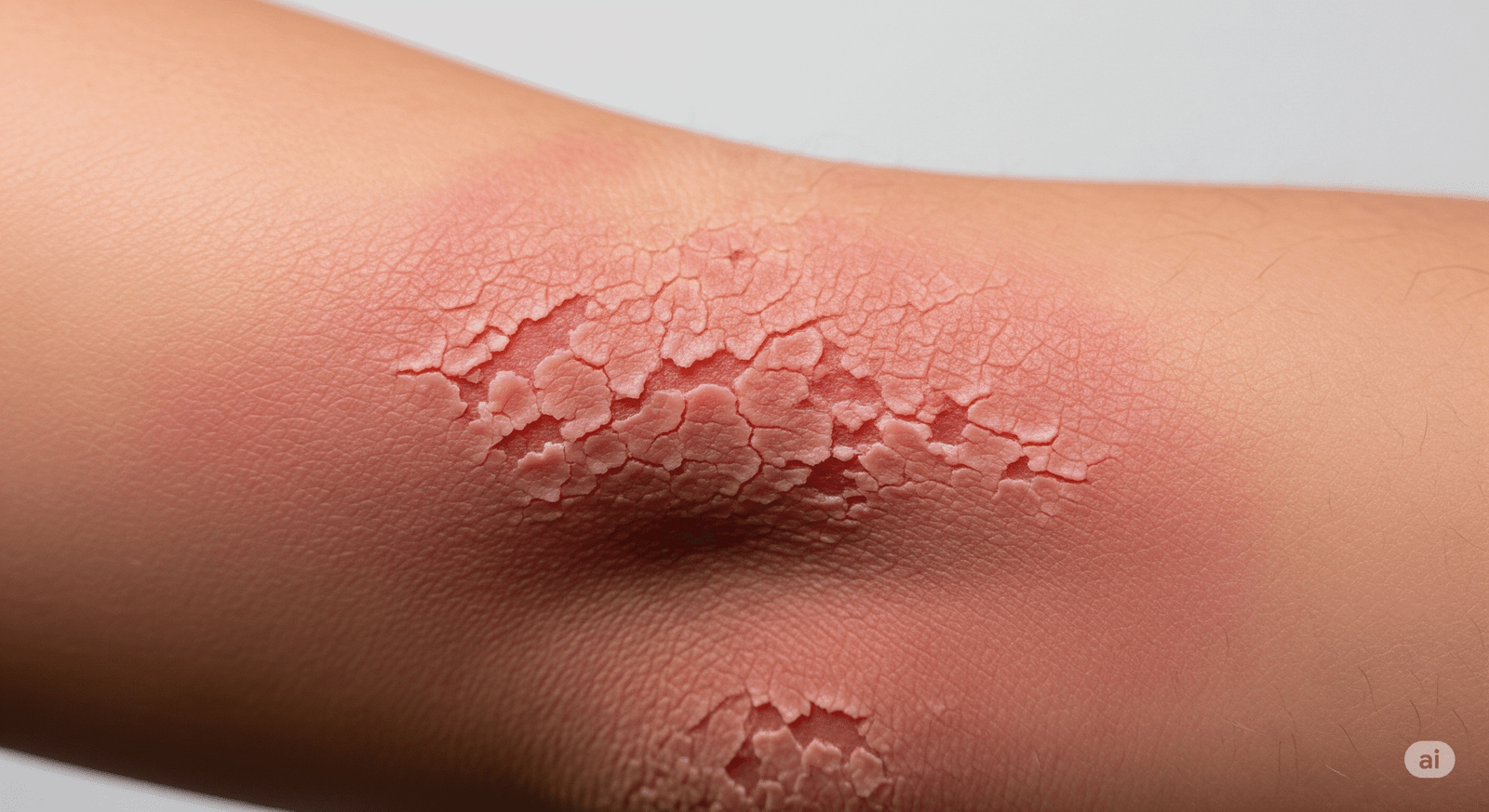
Introduction
Eczema, or atopic dermatitis, is a common skin condition affecting millions of people worldwide. It results in dry, itchy, and inflamed patches of skin that can significantly affect a person’s quality of life. Understanding the causes, symptoms, and available treatments for eczema can help manage and reduce its impact.
What is Eczema?
Eczema is a chronic skin condition where the skin’s barrier becomes damaged, leading to dryness and sensitivity. It’s more common in children but can occur at any age. Eczema is often linked to allergies, asthma, or a family history of the condition.
Common Causes of Eczema
- Genetics: Eczema often runs in families, meaning there’s a genetic component to it.
- Environmental Triggers: Dust mites, pollen, and animal dander can trigger flare-ups.
- Irritants: Soaps, detergents, and certain fabrics can irritate the skin.
- Stress: Emotional stress can exacerbate symptoms.
Symptoms of Eczema
- Red, inflamed patches of skin
- Intense itching, especially at night
- Dry, scaly, or cracked skin
- Thickened or leathery areas of skin
Treatment Options
There is no cure for eczema, but treatments focus on managing symptoms:
- Moisturizers: Use fragrance-free creams or ointments to keep the skin hydrated.
- Topical Corticosteroids: These reduce inflammation during flare-ups.
- Antihistamines: Help control itching.
- Lifestyle Changes: Avoid known irritants and stress.
Conclusion
Eczema can be managed with the right approach, including skin care routines, lifestyle adjustments, and medication. Consulting a healthcare provider is essential for severe cases.
